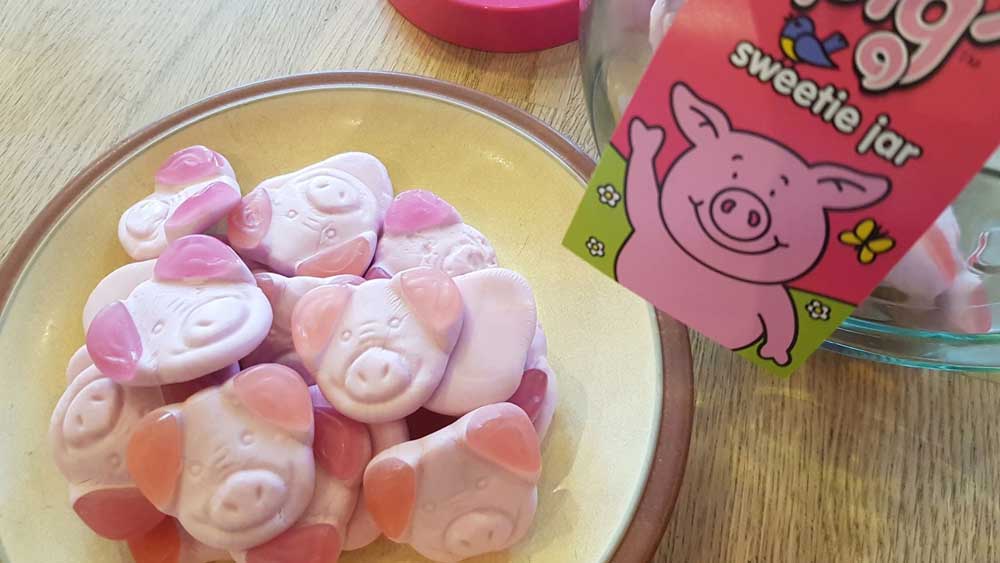Who guessed that Boris would pull a deal out of the bag at the eleventh hour to finish what he started?
Of course, nothing is ever that straightforward.
When is a ‘tariff-free’ deal not tariff-free?
When Boris emerged, bleary-eyed from his last-minute negotiations to announce he’d achieved the impossible and got the UK a tariff-free deal with the EU, the country rejoiced.
All the nightmare scenarios batted about by the various political pundits looked to be nothing but fictitious claptrap. But as the dust settled and the fine print was gone through in detail, it emerged that free doesn’t always mean free.
Under the new deal, it has come to light that food and clothing products don’t qualify for this ‘tariff-free deal of the century’. Plus, if more than 40% of the pre-finished value of a UK firm’s product is not British, it would also attract tariffs.
The cheers began to die down.
Border delays causing the suspension of services
As if the realisation that free doesn’t necessarily mean free wasn’t bad enough, the increased red tape and paperwork has pushed businesses to the brink.
Border delays were inevitable (although no one expected the additional complication that COVID threw into the mix). A recent report in The Guardian discusses the growing number of retailers and courier firms announcing the cutback or suspension of deliveries to the EU as companies try to get to grips with new border controls and import taxes.
One such company is DPD. It’s pausing its road service from the UK to Europe (including the Republic of Ireland) because the new border procedures and additional customs paperwork are putting extra pressure on turnaround and transit times. The article also said that the company was “returning one-fifth of parcels to the sender because they had incorrect or incomplete data attached.”
British retailers are taking stock of the implications of the increased costs that now apply to all imports and exports, including goods moving from Great Britain to Northern Ireland.
Percy Pig bites the dust in Ireland
Marks and Spencer identified that a third of its products in its Irish food halls (including Percy Pig sweets) are now subject to import tariffs. These higher taxes will ultimately mean higher prices for consumers and has, therefore, temporarily cut nearly 400 products (which equates to 5%) from the food and drink aisles of its Northern Ireland stores.
Northern Ireland is a big loser under the new agreement. Not only is the offering from Marks and Spencer reducing, but Debenhams, John Lewis and Fortum and Mason are also no longer serving the Irish market. The bookseller, Waterstones has also suspended sales to EU countries along with the clothes retailer, Jigsaw.
What should you do now?
The Government has a handy online guide to help you check how the new Brexit rules affect your business.
One of the best things you can do to ease the transition is to make sure you use an Authorised Economic Operator (AEO). This is effectively the ‘gold standard’ when it comes to logistics companies. The UK government see it as an “an internationally recognised quality mark that shows the business’s role in the international supply chain is secure and has customs control procedures that meet UK and EU standards.”
These courier companies guarantee rigorous security, lowering risk in terms of theft and loss in transit. Plus, they deliver priority clearance, reduced border delays, fast-tracking your consignments through customs clearance.
You can read more about the benefits of AEO status in our earlier article on what it means to be an AEO.
It’s never easy getting used to new systems, and there are bound to be teething problems. The best way to make sure you successfully navigate the new environment is to partner with an AEO courier firm.
Smart Directions is an AEO certified courier company. Find out how they will smooth your import and export path by calling the team on 01442 507 240.

